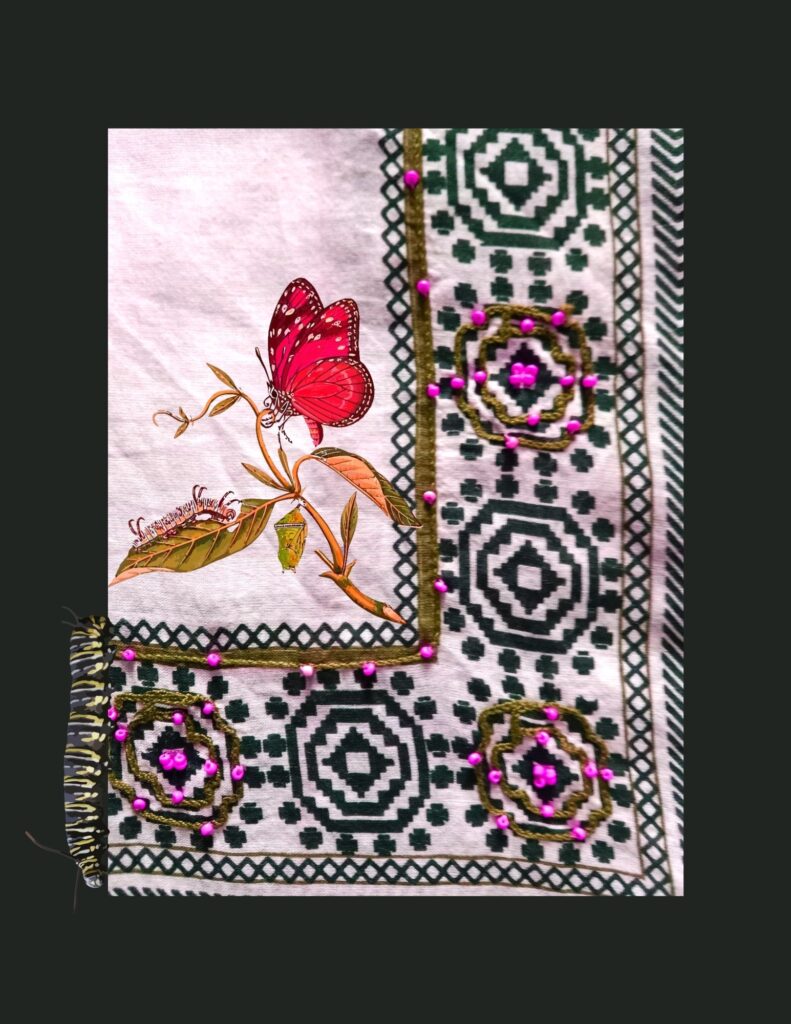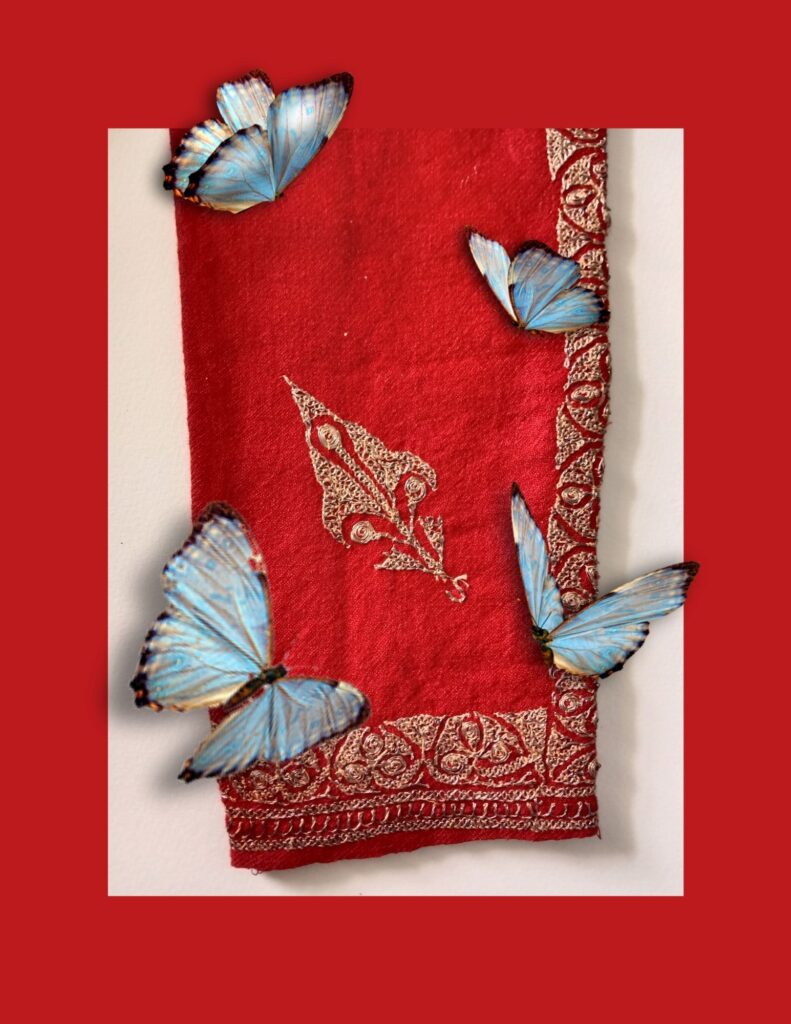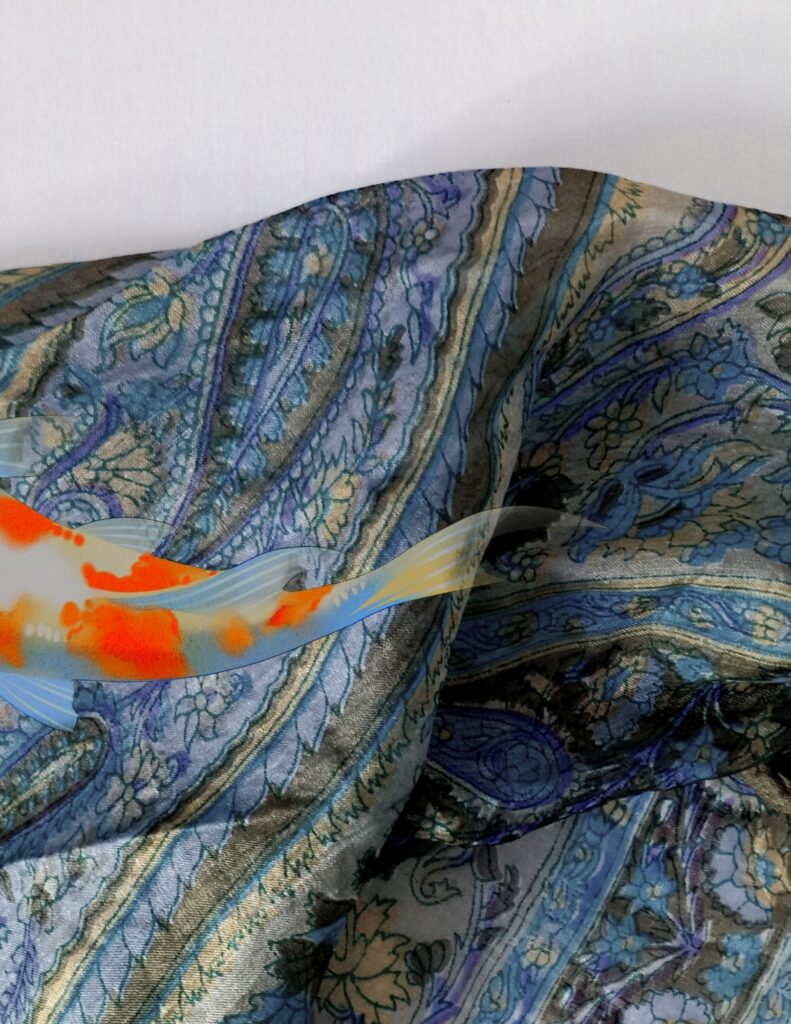The night I told you my dad is sick
you drove me to get ice cream at three a.m.
But we’re dumb and disoriented and we end up
on the wrong side of this kick-around town.
I cry when you look away- I accidentally
stole a Twix. I ruin the simple things.
I tell you how the sickness is on the inside
and you hold me close, whispering-
your dad is sick too, but not in the same way.
Last year you promised we’d go
to Al-Anon together- we never did.
Now you write me emails with the header:
I hate you– still answering my music questions.
Now your dad is long gone and mine’s
buying lost time. Back then we tried
telling each other we look nothing like them.
In a Zesto’s parking lot I told you I was worried.
This time I did the holding, you sobbing
Into my jacket. You didn’t know if anyone cared.
You tried things at parties and they made
you feel free and now you just feel alone.
We’re healing our insides now.
You sing that song with my name
in it and we roll down our windows
When it’s snowing.
Lucy Somers is a Midwestern poet who is deeply inspired by her natural surroundings and familial bonds. Common themes in her work are: grief, connection, and coming of age.


